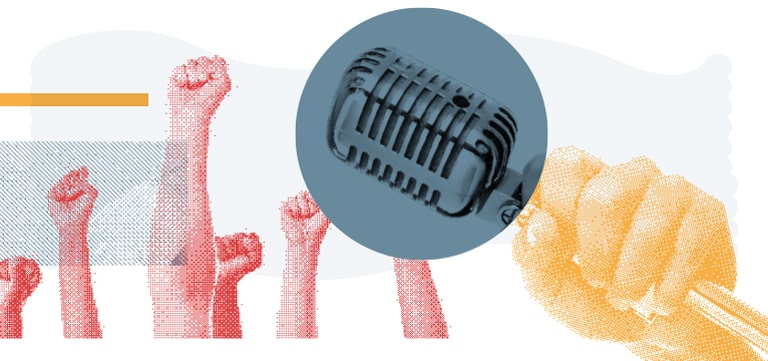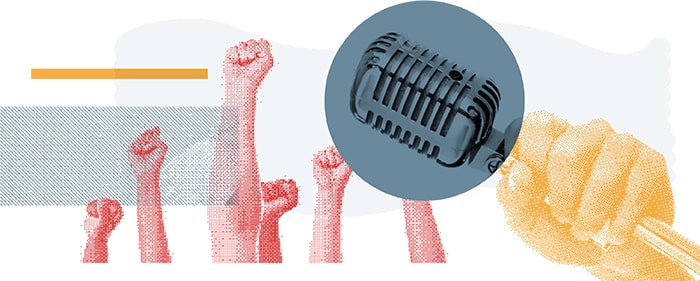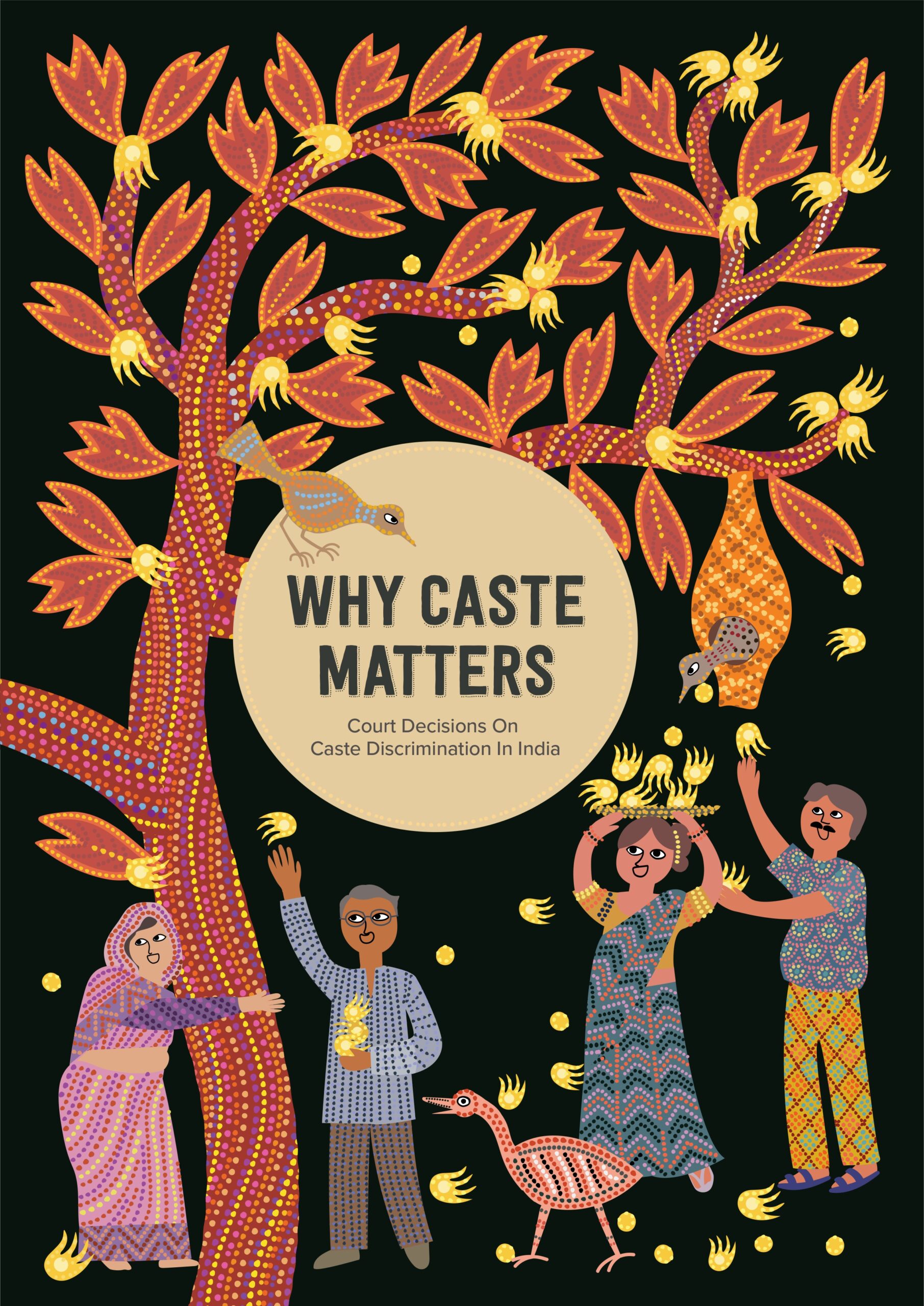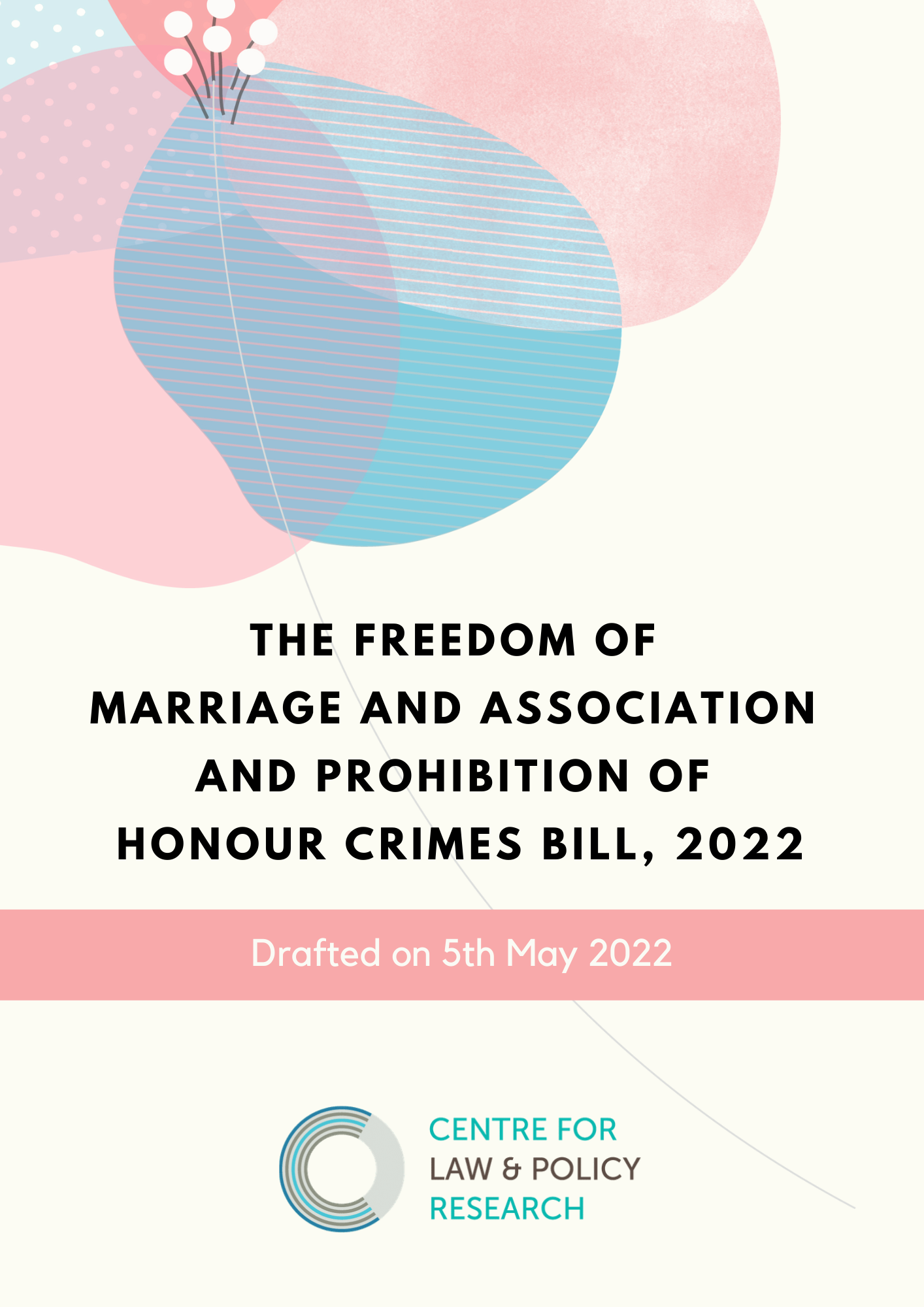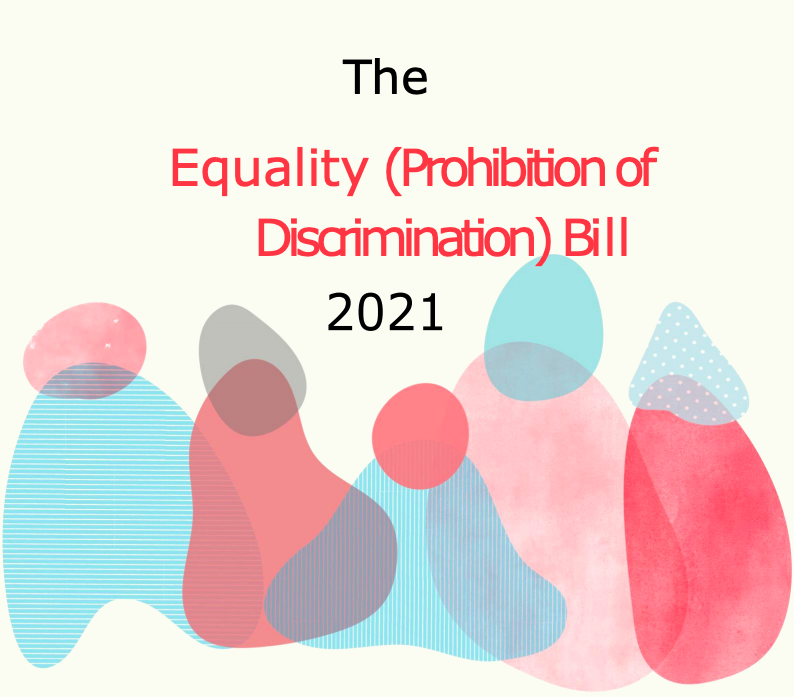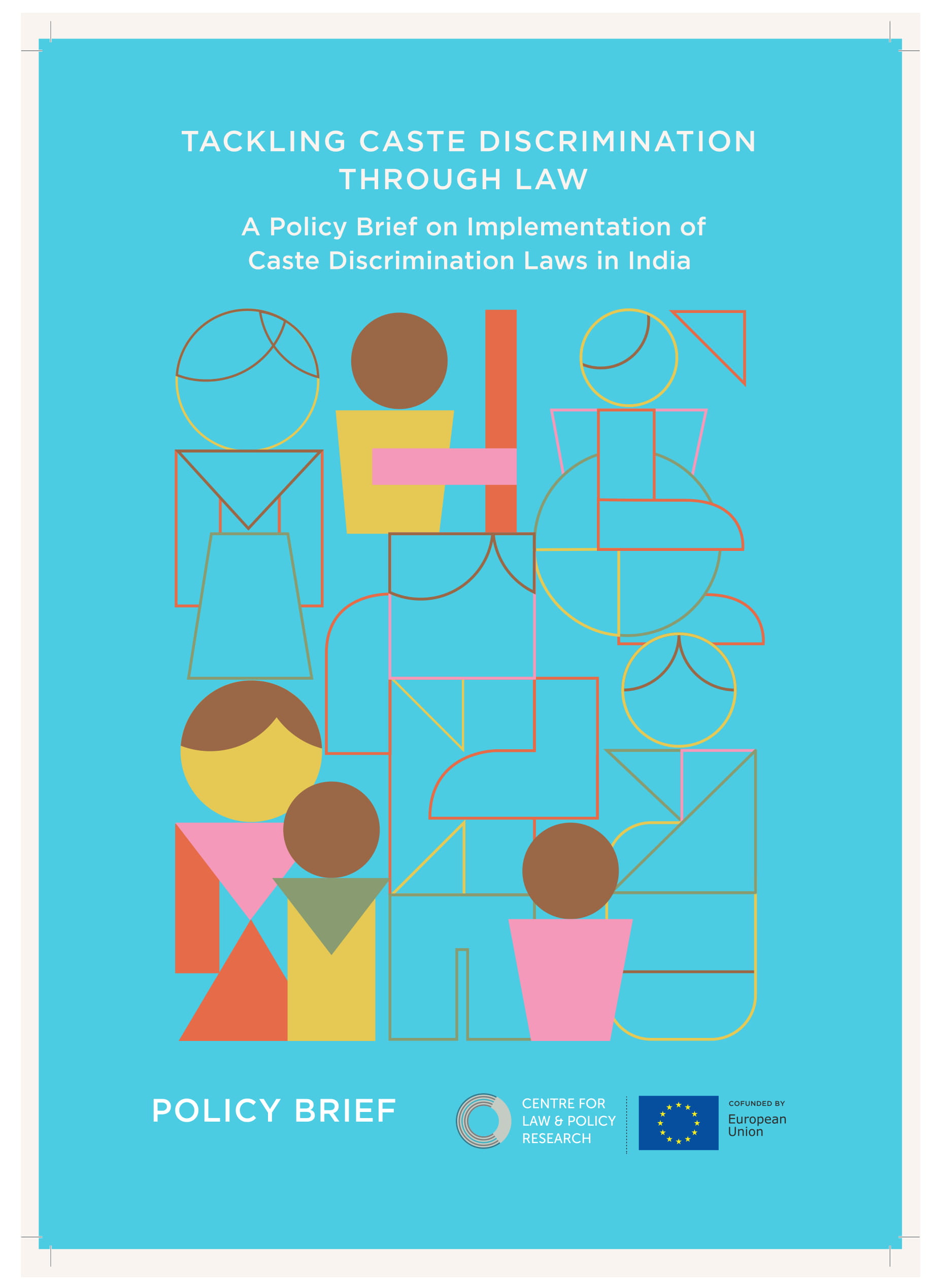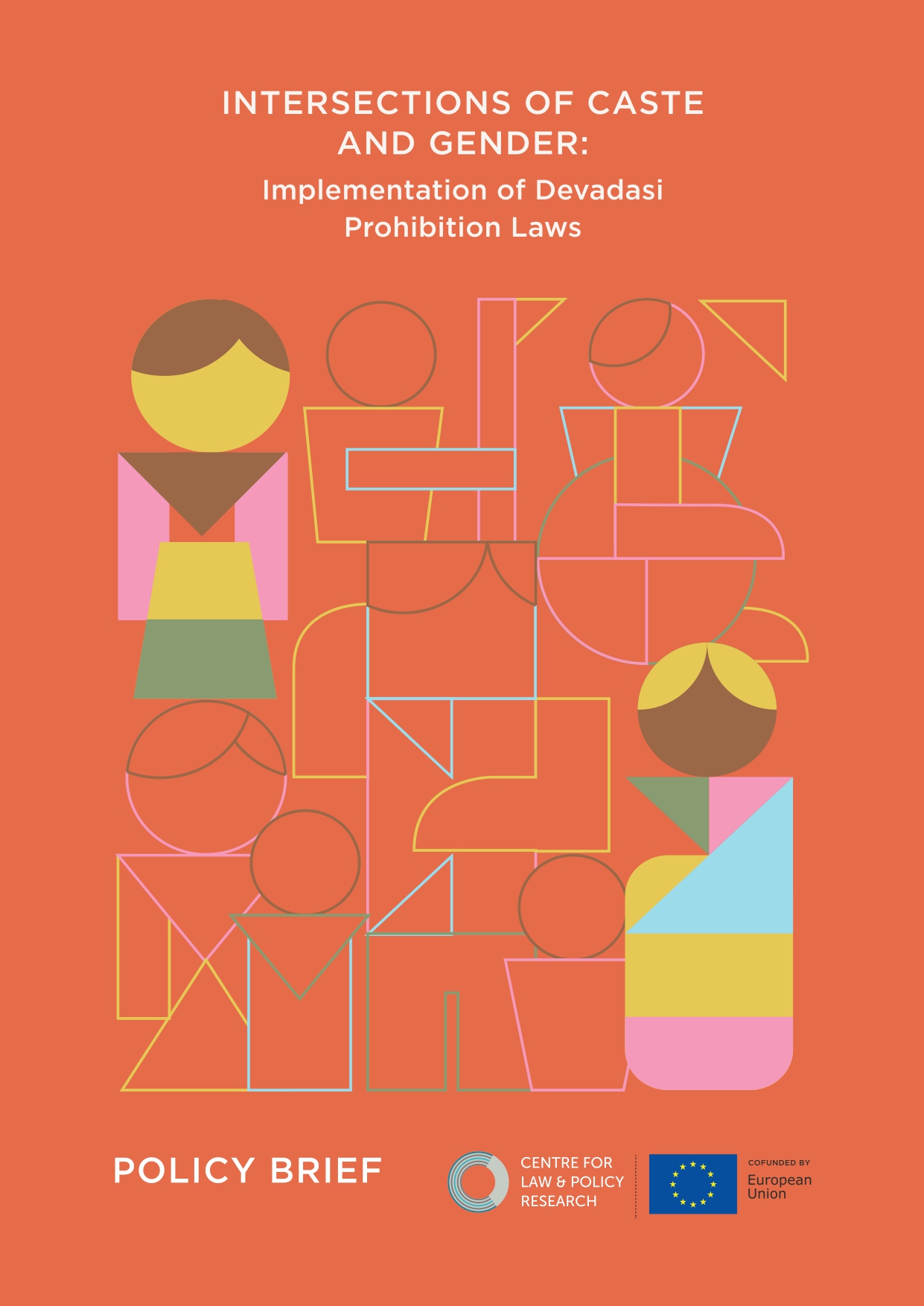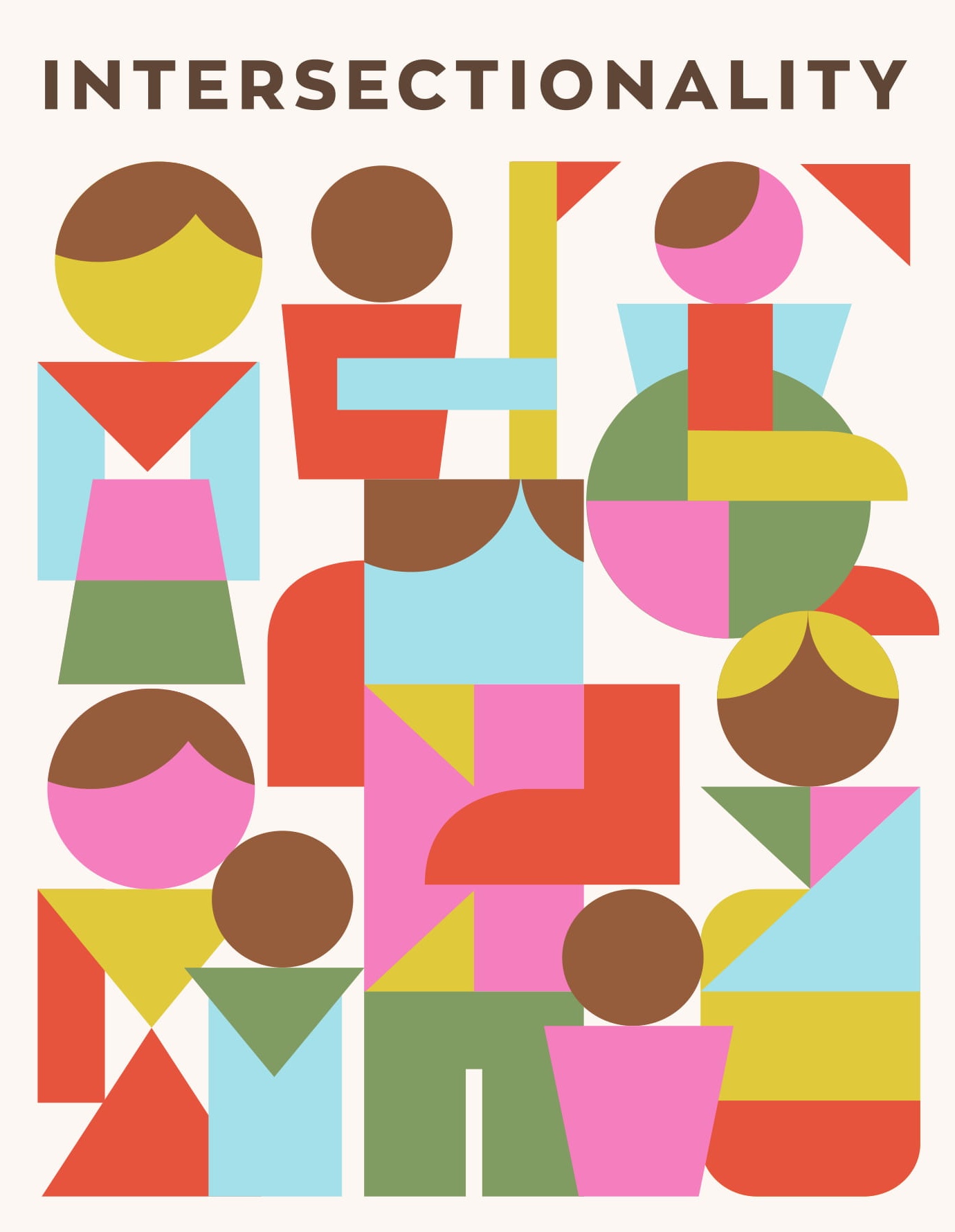PUBLICATION | What Stories do the Numbers Tell? A Data-Driven Narrative to Seek Women’s Equal Opportunity in the Higher Judiciary in India
Why do women remain so underrepresented in India’s higher judiciary?
A new article published in the Socio-Legal Review (NLSIU) — “What Stories Do the Numbers Tell? A Data-Driven Narrative to Seek Women’s Equal Opportunity in the Higher Judiciary in India” — uses data to show how entry routes, later appointments, and systemic gatekeeping limit women’s path to leadership.

